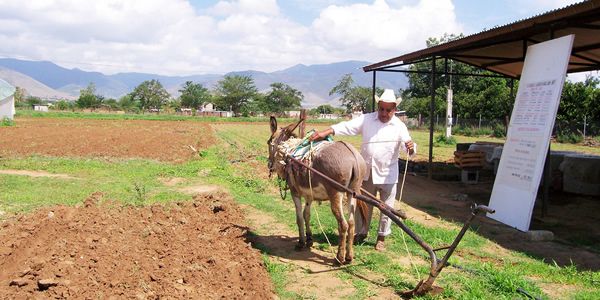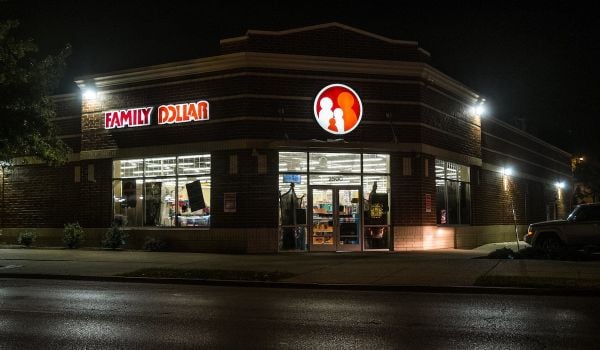As the 2013 Feeding Cities conference unfolds this week in Philadelphia, Next City, a media partner for the event, will feature regular updates from bloggers covering its talks and workshops. Click here to see a rundown of our coverage.
Harry Truman, who famously demanded a “one-armed economist” after an endless series of experts had presented him with “on the one hand, on the other hand” projections, probably wouldn’t have had much time for Eugenio Diaz-Bonilla, who presented today on the geopolitics of urban food security.
Diaz-Bonilla, an Argentinian economist and senior fellow and the International Food Policy Research Institute, gave the impression that predicting future movements of food supply and prices — to say nothing of their political implications — is a mug’s game.
The most commonly cited example of commodity prices causing political instability is the price spike of 2011, which many point to as a triggering factor for the Arab Spring protests. But Diaz-Bonillo’s preferred example was the fall in commodities prices of the 1980s, a decade-long slump comparable to the Great Depression. After a price spike in the late 1970s, brought on by a number of factors including the oil crisis and grain embargoes motivated by Cold War politics, non-fuel commodities entered a slump. By 1990 they were worth nearly half of what they had been 10 years prior, according to World Bank numbers.
Diaz-Bonilla argued that this slump contributed to a profound reordering of global power. The Soviet Union, which had been a net exporter of commodities, collapsed at the decade’s end. Africa became a net importer of food and entered a period of violence and civil strife. Latin America entered its “lost decade” economically, but also saw the collapse of entrenched dictatorship. Asian countries, at the same time, benefited from low prices.
Could we be in for a similar reordering in this century? The generally assumed future trends are that global population, GDP and urbanization will continue to grow, putting stress on food supplies that may be mitigated by technological advancements. Pessimists — see Lester Brown — see a new era of geopolitical competition over increasingly scarce food resources. Optimists believe technology, efficiency and globalization can guarantee a steady food supply for all. Two-armed economist Diaz-Bonilla feels we’re more likely to “muddle through”.
“We’re going to still be in a messy world where we still have some cooperation, some technological innovation, some political crises,” he said. He noted, for instance, that many experts haven’t fully factored in the impact of aging populations in developed countries, which could both reduce food consumption trends — 75-year-olds eat less than 17-year-olds — but also blunt GDP growth by reducing the workforce and work on technological innovation.
As for what a potential reordering might look like, he’s bullish on the Southern Hemisphere. “If it is true that natural resources are going to be an important thing,” he said, “then the geopolitical tilt to Asia may be balanced because Africa and the Americas have the land, the metals and the resources.”
Time to start talking about a pivot to the Atlantic?











